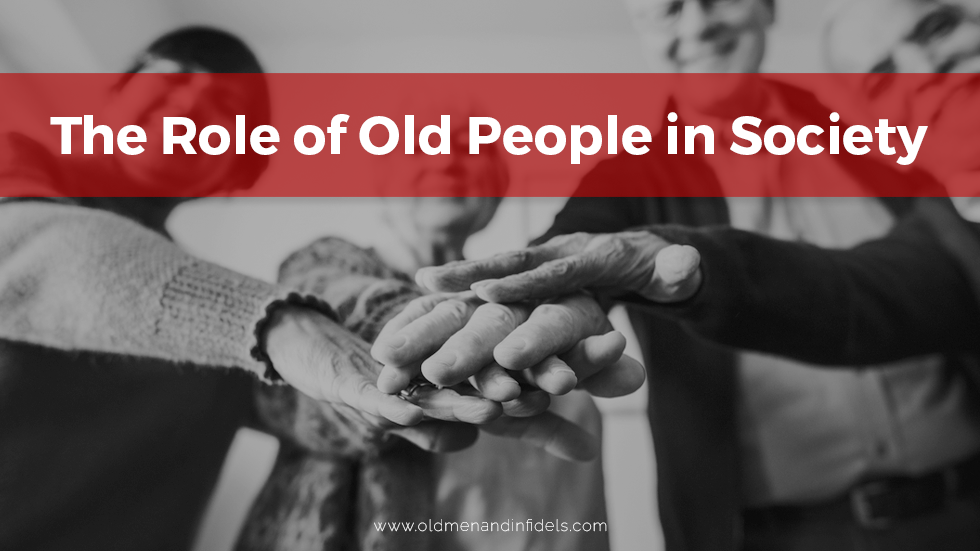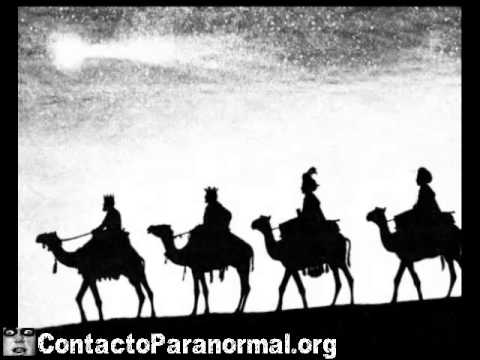The Role of Older People in Society

Age isn’t solely a biological function that symbolizes the number of years someone has lived or the physiological changes individuals experience throughout their lives. As a concept, it reflects societal norms and expectations that are set on specific groups of people. It involves how people are supposed to act and what they’re generally supposed to achieve at particular periods in our lives. Age represents experience and wisdom, yet at the same time, it can also represent our significance and value in society.
People have an inclination to sort and organize whatever it is they can categorize. They classify animals into different kingdoms and plants into different families. Likewise, they also categorize themselves according to their age – from youth to elderly. When someone reaches 65, they are typically categorized as senior citizens. Society subconsciously tells them to do this, even if that 65-year-old person doesn’t recognize himself as old, or regardless if they don’t act like one. Categorizing people typically happens for practical reasons rather than an actual biological state in order to identify which individuals are still helpful for society and those that aren’t.
Like what W.Clark Boutwell wrote in his Old Men and Infidel series, there is a divide between youth and elderly even in the real, contemporary world. This divide helps determine those that society can still benefit from and those that don’t. However, contrary to this somehow popular and accepted belief, older people are still essential and beneficial members of any society. Unlike what most cultures practice, perhaps, they still have the right to live in dignity despite their old ages. As they say, with age comes wisdom. Older people possess wisdom, experiences, and skills that most younger people lack, and these should make them assets rather than liabilities in their communities.
What roles do older people have?
Other than their wisdom, older people still have a lot to offer. Despite being in the age that others consider as an age of vagueness or even absentmindedness, the elderly can give love, kindness, lessons, patience, and humor, among many other things they have gained throughout their lifetime.
Rather than being placed at care facilities or worse, being left forgotten by their families, society should start practicing letting the older people stay in their homes and live with these purposes they can still carry.
They can offer different points of views
As much as people who grew up from different cultural backgrounds have different perspectives about things, so do people from different generations. Older people have experienced many events that people in this generation haven’t gone through – and maybe, fortunately, will never go through. This gives them the capacity to give insights different from others in terms of value. And when it comes to some issues or choices, it always helps to receive input from multiple people looking through different perspectives.
In fact, businesses have recognized intergenerational diversity and its importance in their industry and have started to set up programs to bring in older employees and gather ideas and opinions. Having older people share their ideas can help widen people’s knowledge and understanding of specific issues. Additionally, a greater depth of said issues can be analyzed and observed by providing a different perspective.
They can help with care
For people with families and parents working nine to five shifts, children are often left to the care of helpers or nannies. And while there is nothing wrong with doing this, hiring people outside to work with your children still poses a risk and is a relatively expensive service to maintain.
They can provide tips
Every child is unique and special, and with this, parenting can never be textbook knowledge. No manual teaches one how to be a good parent – not even for beginners. Instead, it is something parents continuously learn while experiencing. Since they have already experienced their fair share of parenthood, older people can not only assist manually but also advise new and learning parents. Turning to the elderly can provide an opportunity to gain wisdom and gain support both physically and emotionally.
‹ Back







